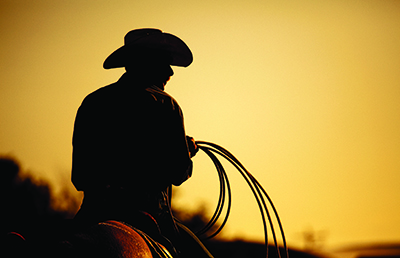Why Do I File by March 1

When filing their income tax returns, farmers have two options. Many farmers automatically try to file their income tax return by March 1 each year since they know that if they file AND pay their income taxes by March 1, they are not required to make any estimated tax payments during the year. However, is this the best option for all farmers. The answer is not always.
If they don’t file by March 1, then they are required to make an ONE estimated tax payment on January 15 (or extended for weekends and holidays). The required amount is 100% of the previous year’s tax or two-thirds of the current year estimated tax. If the farmer paid little or no tax in the previous year, then making the 100% of last year’s tax estimate and then filing by April 15 can make a lot of sense. Let’s look at an example:
Suppose Farmer Smith owed $1,500 of tax for 2015. He expects this year to be a better year and would estimate his tax liability at around $100,000. Farmer Smith elects to pay $1,500 on January 15 and then pay the remaining tax owed of $98,500 on April 15. If he had filed and paid his tax on March 1, he would have had to pay all $100,000 then. The interest savings at 4% by waiting until April 15 to pay the extra $98,500 would be about $500.
Also, many farmers are now investing in Ethanol plants or other farm businesses that require a Schedule K-1 to be provided to prepare their tax return. Many of these do not show up until about February 27 and it is difficult to accurately prepare a farmer’s tax return with these filings hanging out there.
In order to qualify as a farmer, at least two-thirds of your gross income must be from farming. Remember that cash rent income does not qualify in most situations.
Remember, you have two options in filing your tax return each year. Pick the best one for you and your tax preparer.
Paul Neiffer is a certified public accountant and business advisor specializing in income taxation, accounting services, and succession planning for farmers and agribusiness processors. Paul is a principal with CliftonLarsonAllen in Walla Walla, Washington, as well as a regular speaker at national conferences and contributor at agweb.com. Raised on a farm in central Washington, he has been immersed in the ag industry his entire life, including the last 30 years professionally. Paul and his wife purchase an 180 acre ranch in 2016 and enjoy keeping it full of animals.

Comments are closed.